Mystifying biblical judgments unraveled; uncover the interpretation and impact of the Judgment of the Nations and the Great White Throne Judgment.
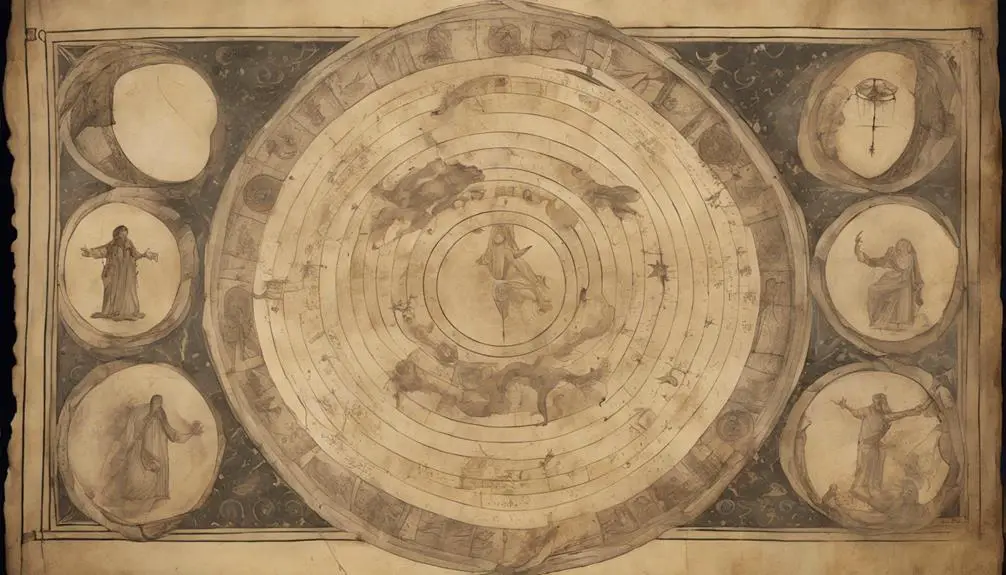
Two Judgments in the Bible
While you might think the Bible only speaks of a singular, final judgment, it actually refers to two distinct judgments: The Judgment of the Nations and the Great White Throne Judgment.
You're not alone if you're puzzled, as these are complex and often debated theological concepts.
What if you could uncover the meanings, interpretations, and impacts of these two judgments?
Stick around, as we're about to unravel these Biblical mysteries that hold the potential to reshape your understanding of Christian belief and afterlife.
Key Takeaways
- The Bible presents two forms of divine judgment, namely, Divine Retribution and Biblical Justice, emphasizing cause-effect relations and societal fairness.
- The Judgment of Nations is a biblical theme focusing on societal transformation through repentance, with severe spiritual consequences for failure.
- The Great White Throne Judgment, described in Revelation, symbolizes the ultimate divine accountability and final punishment for all the dead.
- These judgments influence Christian ethos, fostering divine accountability, stewardship, evangelism, personal faith, and underscoring God's perfect justice, love, and mercy.
Understanding Biblical Judgment

To truly grasp the concept of biblical judgment, you must first delve into the contextual interpretations of the Bible's teachings and prophecies. This requires a deep understanding of two key concepts: 'Divine Retribution' and 'Biblical Justice'.
Divine Retribution is the belief that God's justice is dispensed based on an individual's actions. It's about cause and effect, reward and punishment. You can't ignore the fact that the Bible often portrays God as a judge who 'will not let the guilty go unpunished' (Nahum 1:3). This can be a hard pill to swallow, especially when you're looking for a God of love and forgiveness.
Yet, Biblical Justice, on the other hand, is a more holistic concept. It's not just about punishment, but also about restoration and reconciliation. It's about God's desire for a just and fair world, where everyone has what they need and no one is oppressed. This justice extends beyond individual actions and into societal structures, hinting at the God's broader vision for humanity.
Understanding these concepts will provide a solid foundation for grasping the multifaceted nature of biblical judgment. But remember, there's more to this story, which we'll explore in the next subtopic.
The Judgment of the Nations Explored
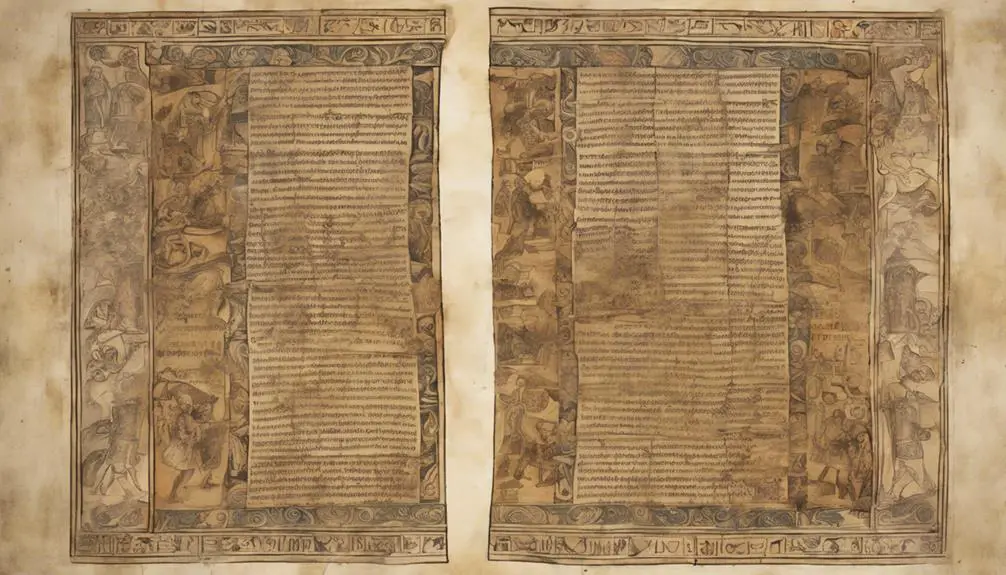
Diving deeper into biblical judgment, let's explore the concept of 'The Judgment of the Nations', a theme that significantly permeates the prophetic literature of the Bible. This concept isn't just about divine retribution but also an opportunity for 'Nations' repentance.
You'll find that the Judgment of the Nations is a collective assessment of societies based on their recognition and treatment of divine principles. The prophetic literature communicates that nations will be held accountable for their actions, and it's here where the idea of 'Nations' repentance' comes into play. Nations are called to turn from their wicked ways and seek righteousness, reflecting a collective movement toward moral and spiritual rectitude.
However, should nations fail in this endeavor, the 'Spiritual consequences' are severe. The unrepentant nations face divine judgment, which often translates into devastation, exile, or destruction. It's a sobering reminder of the gravity of collective responsibility and the spiritual repercussions of turning away from divine commandments. The Judgment of the Nations, therefore, serves not just as a warning, but also as a call to collective repentance and spiritual transformation.
Interpretations of the Nations' Judgment
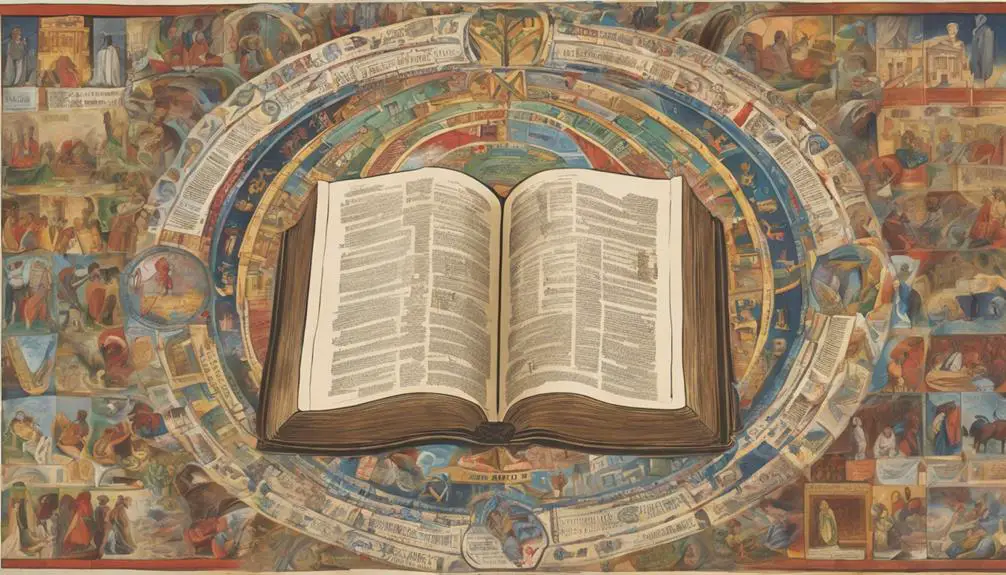
In examining the interpretations of the Nations' Judgment, you'll find a wide spectrum of theological perspectives, highlighting the multifaceted complexity of this biblical concept. Scholars and theologians have delved deeply into the global consequences and divine retribution implied in this judgment.
Here are some of the interpretations that have sparked significant debate:
- The Nations' Judgment as a literal event: Some theologians perceive the Nations' Judgment as a literal future event, where nations will be judged based on their treatment of God's chosen people. The global consequences of this judgment are envisioned as cataclysmic, signaling the end of an age.
- The metaphorical interpretation: Others view the Nations' Judgment metaphorically, seeing it as symbolic of divine retribution against systemic injustice and disregard for divine laws. This interpretation posits that nations reap the global consequences of their collective actions.
- The eschatological interpretation: This perspective views the Nations' Judgment as part of end-time prophecies, emphasizing the ultimate divine retribution for nations' sins.
In all these interpretations, the Nations' Judgment represents a profound dialogue between human actions and divine justice, underscoring the biblical principle of reaping what we sow on a global scale.
Insight Into the Great White Throne Judgment

Shifting our focus to the Great White Throne Judgment, you'll find it's another significant concept in biblical eschatology that's stirred considerable debate among scholars and theologians. This judgment, described in Revelation 20:11-15, represents a moment of divine accountability, where all the dead, great and small, stand before God's throne.
Judgment symbolism is strongly present here. The 'great white throne' is an emblem of divine justice, while the 'books' opened before the throne symbolize the record of each individual's deeds.
Here's a table to further illustrate this:
Symbol |
Interpretation |
|---|---|
Great White Throne |
Divine Justice |
Books |
Record of Deeds |
The lake of fire, another strong symbol, represents the second death, the final punishment for those not found in the Book of Life.
Understanding the Great White Throne Judgment isn't just about recognizing symbolism or anticipating the end times. It's about acknowledging the gravity of divine accountability. It's a reminder of God's justice, that every deed matters and that all will be held to account, an essential aspect of Christian belief.
Impact of the Two Judgments on Christianity
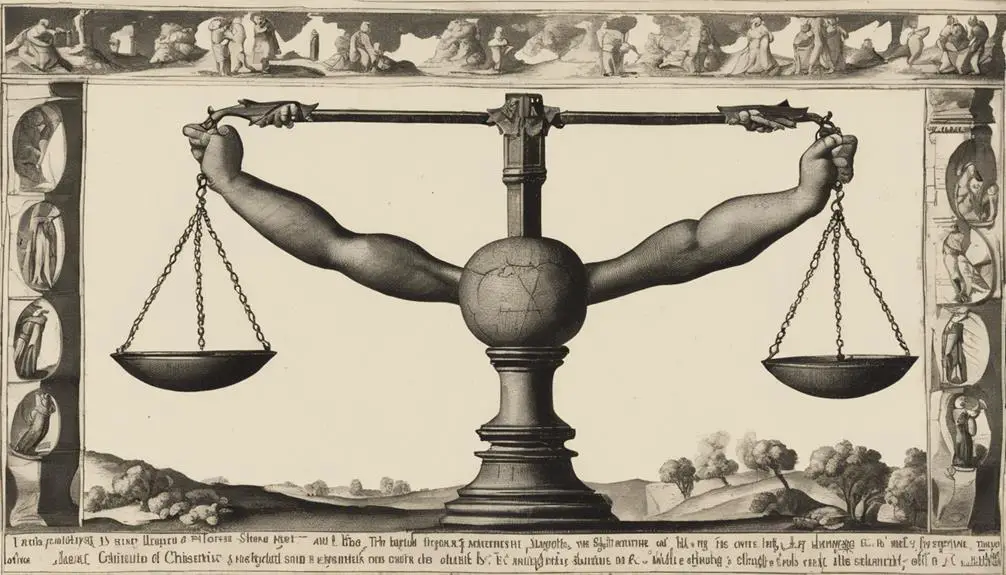
You may wonder how the concepts of the Final Judgment and the Great White Throne Judgment have shaped Christianity as a whole. The impact of these two judgments on the faith can't be overstated. They've fostered a sense of Divine Accountability, underlining the idea that actions in this life have eternal consequences.
These Judgment Implications have influenced Christianity in various ways:
- *Stewardship*: Christians are taught to live responsibly, knowing that they'll give an account of their lives.
- *Evangelism*: The reality of judgment compels Christians to share their faith, hoping to help others avoid a negative eternal verdict.
- *Holiness*: The prospect of divine judgment prompts believers to strive for purity and righteousness.
These impacts shape not only the personal faith of individual Christians but also the collective ethos of the Christian community. The concept of judgment contributes to a broader understanding of divine justice, love, and mercy. Christians believe that both the Final Judgment and the Great White Throne Judgment will ultimately reveal God's perfect justice, underscoring the importance of living in a manner that pleases Him. It's clear these judgments are key to the Christian worldview.
Frequently Asked Questions
How Does the Concept of Judgment in the Bible Differ From Modern Legal Judgments?
In the Bible, judgment often involves divine retribution, a stark contrast to modern legal judgments.
You see, biblical interpretations suggest that God's judgment is based on moral and spiritual laws, not just civil or criminal ones.
It's about the soul's righteousness, not just societal rules.
This spiritual aspect is what sets biblical judgment apart from the secular legal system you're familiar with today.
Are There Any Specific Examples of Nations That Were Judged in the Bible?
Yes, there are distinct examples of nations judged in the Bible. You'll see divine intervention examples in the cases of Egypt and Babylon.
Egypt's judgment is shown through the ten plagues in Exodus, while Babylon's downfall fulfills biblical prophecy in the book of Daniel.
These instances illustrate how divine judgment often served as a means of correction, not just punishment.
How Have Different Cultures and Societies Interpreted the Nations' Judgment in the Bible?
You'll find that cultural perspectives greatly influence biblical interpretations, especially regarding nations' judgment. Some societies view it as divine punishment for wrongdoing, while others interpret it more metaphorically, focusing on moral lessons.
Understanding these varied interpretations requires an open mind and respect for diverse cultural views. It's a fascinating study, reflecting not just religious beliefs but also societal norms and values.
Can You Explain the Symbolism of the Great White Throne in Biblical Context?
In the context of Biblical prophecy, the Great White Throne's significance is immense. It's often interpreted as the divine judgment seat of God. You'd see it symbolizing purity, righteousness, and ultimate authority.
It's where final judgments are believed to be pronounced, signifying the end of earthly time and the beginning of eternal life. Remember, it's less about the physical throne and more about what it represents in a spiritual sense.
How Have the Two Judgments Influenced Christian Practices and Traditions Over the Centuries?
You've asked how Judgment Day implications and the Biblical grace concept have influenced Christian practices over the centuries. They've shaped notions of morality, penance, and redemption, driving believers to lead virtuous lives in anticipation of final judgment.
Additionally, the grace concept underscores God's mercy, affecting traditions around forgiveness and repentance. These beliefs continually shape the actions, traditions, and rituals of Christians worldwide.
Conclusion
You've delved into the depths of Biblical judgment, dissecting both the judgment of nations and the Great White Throne Judgment. These two judgments significantly impact Christianity, influencing interpretations and beliefs.
You've gained an understanding of how these scriptures shape doctrines, giving you a more profound grasp of Christian theology. Remember, these interpretations can vary, underscoring the diversity and complexity within Christianity.

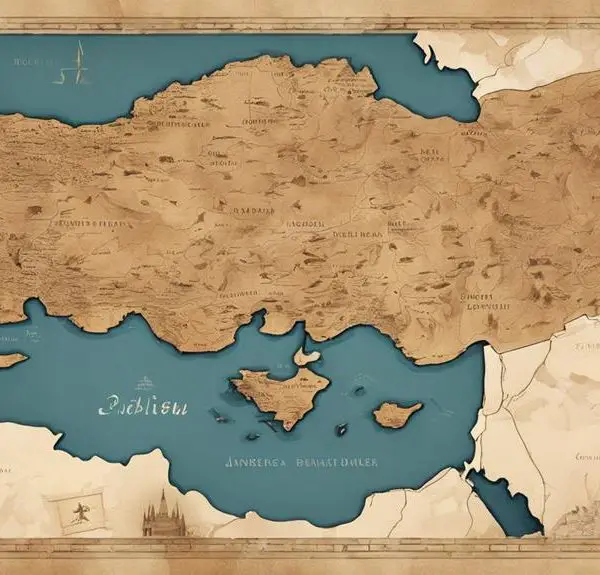

Sign up